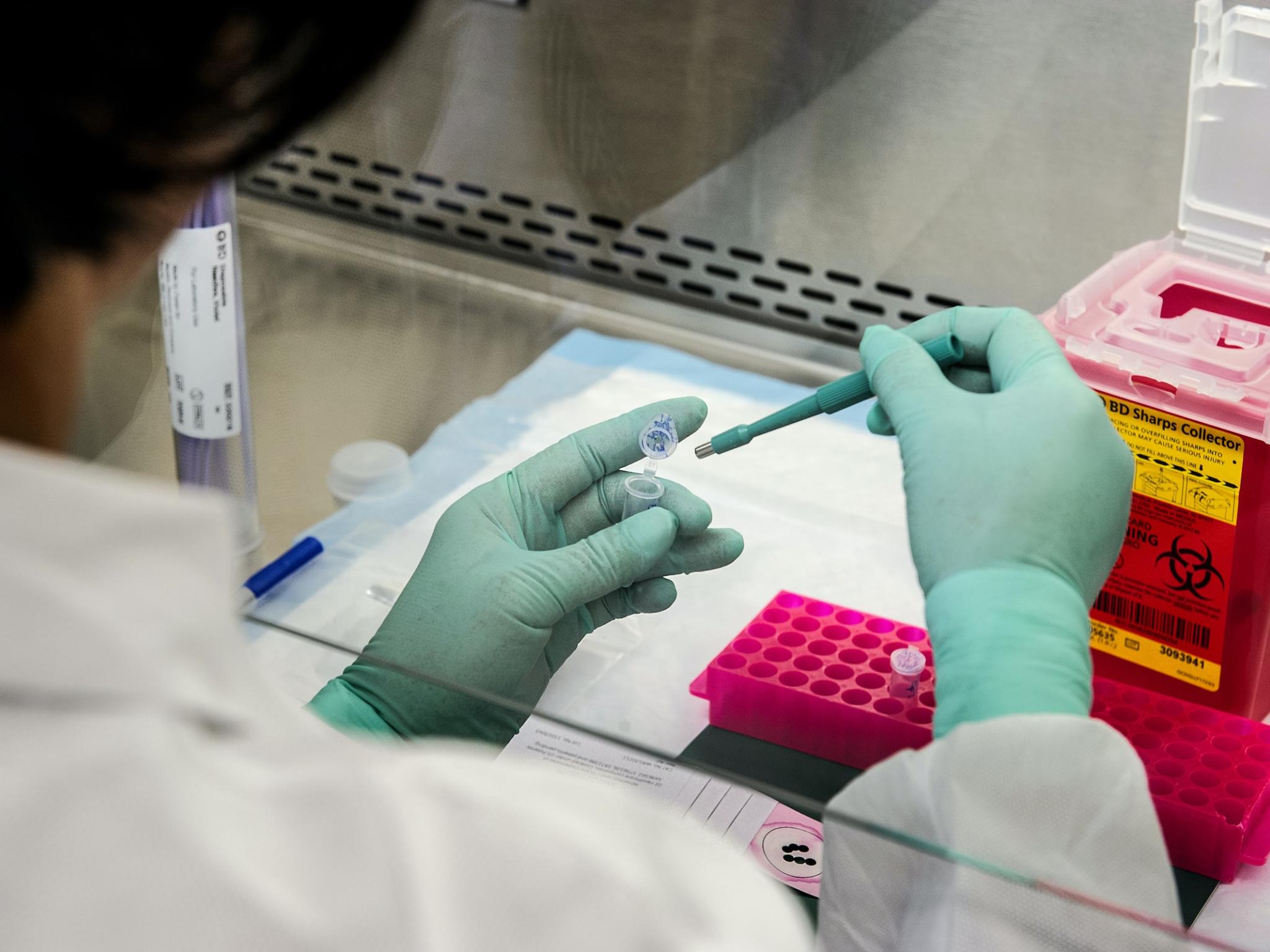
Gb Sciences, Inc. (OTCQB:GBLX), a leading plant-inspired, biopharmaceutical research and drug development company, co-published a study that demonstrates the potential of selected cannabinoids and terpenes to reduce inflammation.
"The biopharmaceutical drug development firm's sponsored research used co-cultured human, primary immune cells as a model to evaluate the ability of selected Cannabis constituents to decrease inflammation," as published in the journal Food and Chemical Toxicology.
Dr. Andrea Small-Howard, president, chief science officer and director of Gb Sciences called this the first demonstration of the anti-inflammatory potential of potent minor cannabinoids and terpenes derived from Cannabis.
"The identification of cell type-specific immune modulating effects by different individual cannabinoids and terpenes was an important first step in designing our novel anti-inflammatory therapies,” Small-Howard said.
The results from their second study on the anti-inflammatory effects of proprietary mixtures of these ingredients "will be published subsequently with our collaborators at Michigan State University and Chaminade University," according to Small-Howard.
What Does The Study Say?
According to the study, “finding Cannabis compounds with anti-inflammatory properties may be useful in decreasing inflammation associated with a wide range of serious human disorders, and these Cannabis compounds potentially have more favorable side effect profiles than NSAIDs (Non-Steroidal Anti-Inflammatory Drugs), which currently lead the anti-inflammatory market based on sales.”
Gb Sciences selected the “specific cannabis constituents” for this study based on their prior activity within chemovar studies.
“To determine whether these cannabinoids and terpenes could reduce inflammation, Gb Sciences' colleagues at Michigan State University tested the individual Cannabis constituents over a wide range of concentrations in human, primary immune cells in a co-culture system that mimics the complex interactions that regulate the human immune system,” reads the study.
Also, three immune cell types were chosen as representatives within these native human immune cell mixtures based on their important roles in modulating the inflammatory cascade.
Results
The study demonstrated that “delta-9 tetrahydrocannabinol (THC) had the greatest effect on reducing inflammatory biomarkers and processes in all three immune cell types. Following THC, the greatest immune activity modulation was measured by cannabidivarin (CBDV), cannabigerol (CBG), cannabichromene (CBC), cannabinol (CBN), and lastly, cannabidiol (CBD) in decreasing order based on the number of statistically significant changes measured in inflammatory bioassays relative to the control.”
Researchers said that “some of these minor cannabinoids and the terpenes tested had very 'selective' anti-inflammatory effects, which targeted a single cell type and/or caused a change in only a single inflammatory bioassay.”
Due to the increasing prevalence of chronic inflammatory and autoimmune disorders, the market for anti-inflammatory therapies is expected to grow to $191.42 billion by 2027, reads a press release.
The study, "Evaluation of the anti-inflammatory effects of selected cannabinoids and terpenes from Cannabis Sativa employing human primary leukocytes" was co-authored by Gb Sciences' president and CSO, Andrea Small-Howard and her colleaguies from Chaminade University of Honolulu.
Finally, "the second part of this study measured the effects of proprietary mixtures of cannabinoids and terpenes on inflammation within this human, primary immune cell model, and this second study will be published next in collaboration with our colleagues at Michigan State University and Chaminade University," according to the press release.
Get your daily dose of cannabis news on Benzinga Cannabis. Don’t miss out on any important developments in the industry.
Photo: Courtesy Of CDC On Unsplash







